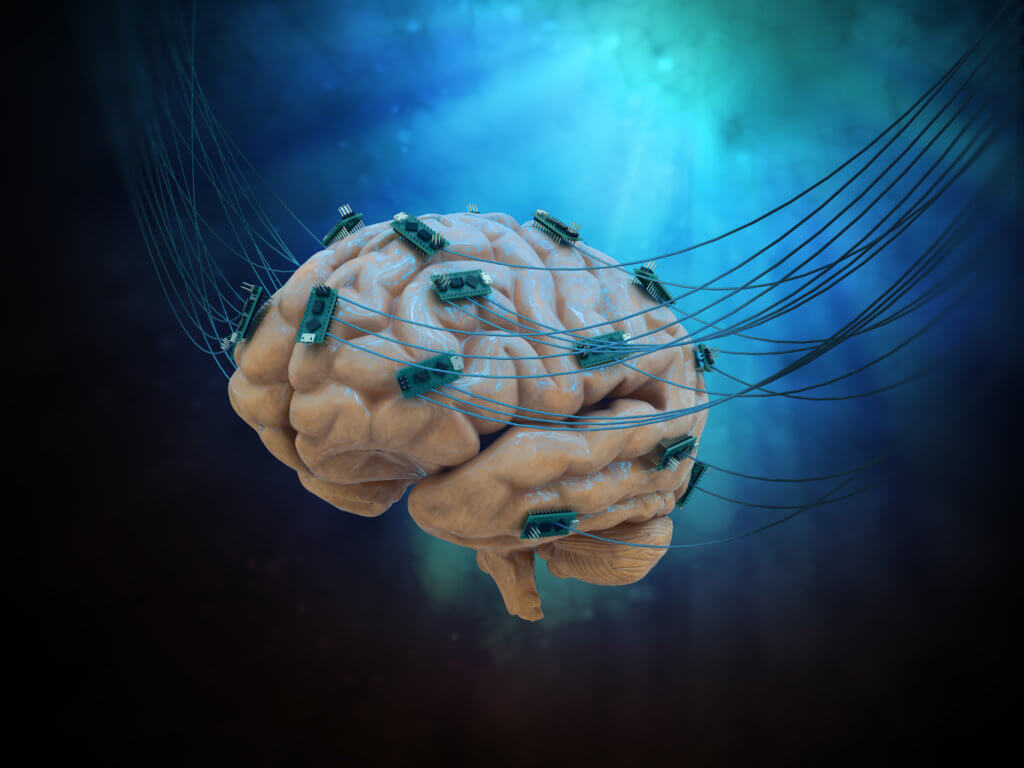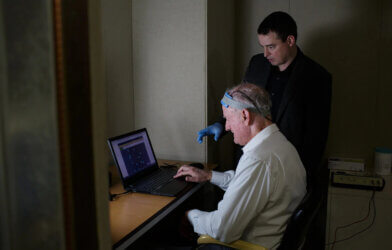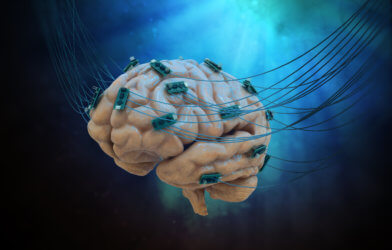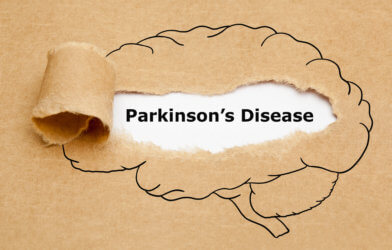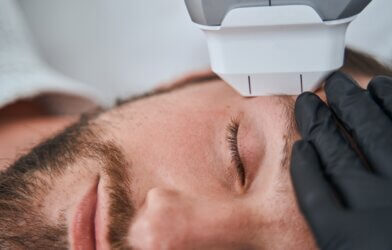A neural implant known as a responsive neurostimulation (RNS) system has positive effects on verbal memory, according to a recent study from researchers at Baylor College of Medicine. An RNS — which functions similarly to a pacemaker by recognizing and responding automatically to seizures — is typically used in the treatment of certain forms of epilepsy.
To observe the impacts of neural stimulation on memory, researchers gathered 17 volunteers to participate in their study, all of whom had an implanted RNS system. During regular clinic visits, researchers met with participants and had them read a list of words with or without brain stimulation from their RNS device on every third word.
“There has been long-standing interest in the medical community regarding the effects of electrical stimulation of the brain and memory since memory formation is mediated by naturally occurring electrical rhythms in the brain,” says lead author Dr. Zulfi Haneef, an associate professor of neurology at Baylor, in a statement. “Since there is already a population of people using RNS, we were able to find a small group of 17 volunteers to take part in the study.”
After participants completed the evaluation, they were asked to list the words they had read from memory. Researchers then analyzed the results, finding that participant recall was higher while reading with RNS stimulation.
“The patients were not aware of when the RNS system was being activated. We alternated when patients were undergoing stimulation versus no stimulation, and still found that when patients’ RNS systems were activated, their memory recall score was greater than when there was no stimulation,” Haneef explains. “Most patients had stimulation of the hippocampus, which is the region of [the] brain responsible for memory. Moving forward we would want to look at how different patterns or standardized stimulation patterns affect memory. Each patient has their own RNS stimulation pattern that is specific to their types of seizures and that is what we used for this study.”
Though their results are preliminary and more research will be required using a larger participant group, Haneef said their findings will have widespread implications for future studies.
“We were able to identify that the RNS system can be effectively used for memory research. These findings are just [the] start of our observations,” says Haneef. “They will open the door to more far-reaching studies involving other conditions that cause memory or learning problems.”
Additionally, findings from this study may mark an advance toward better treatment approaches for patients with epilepsy, many of whom also experience trouble with memory.
“Although RNS is designed to control seizures, many epilepsy patients also report memory problems,” said Dr. Jennifer M. Stinson, assistant professor in neurology and the senior author of the study. “Projects like ours promote comprehensive approaches to clinical care that impact different aspects of a patient’s life.
This study is published in Neurosurgery.
Article written by Anna Landry
